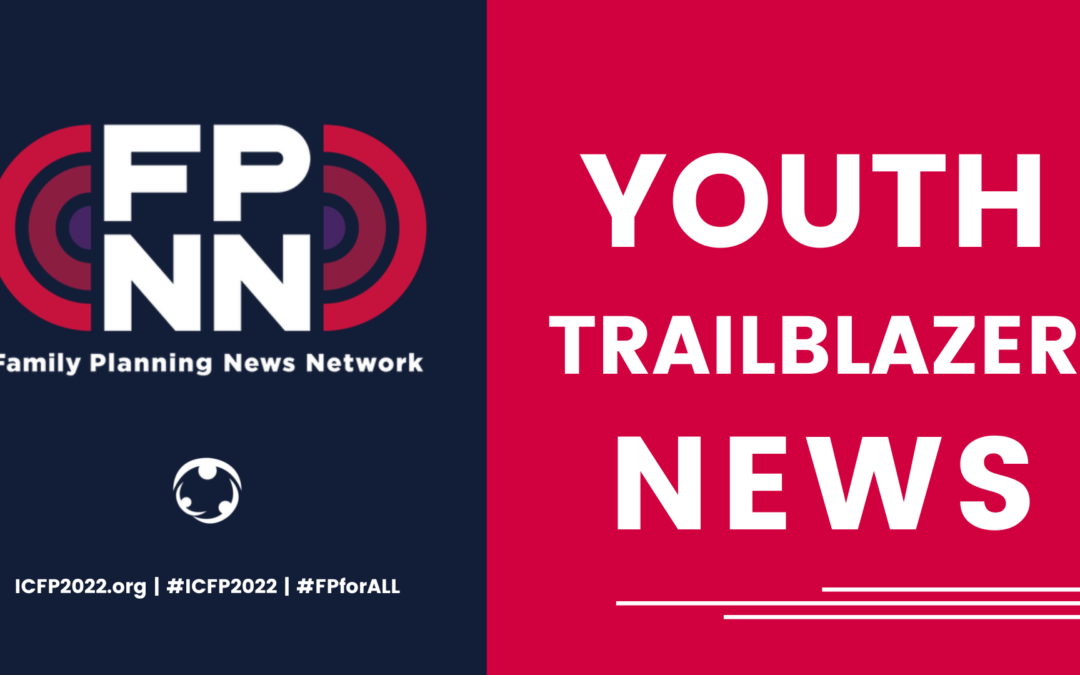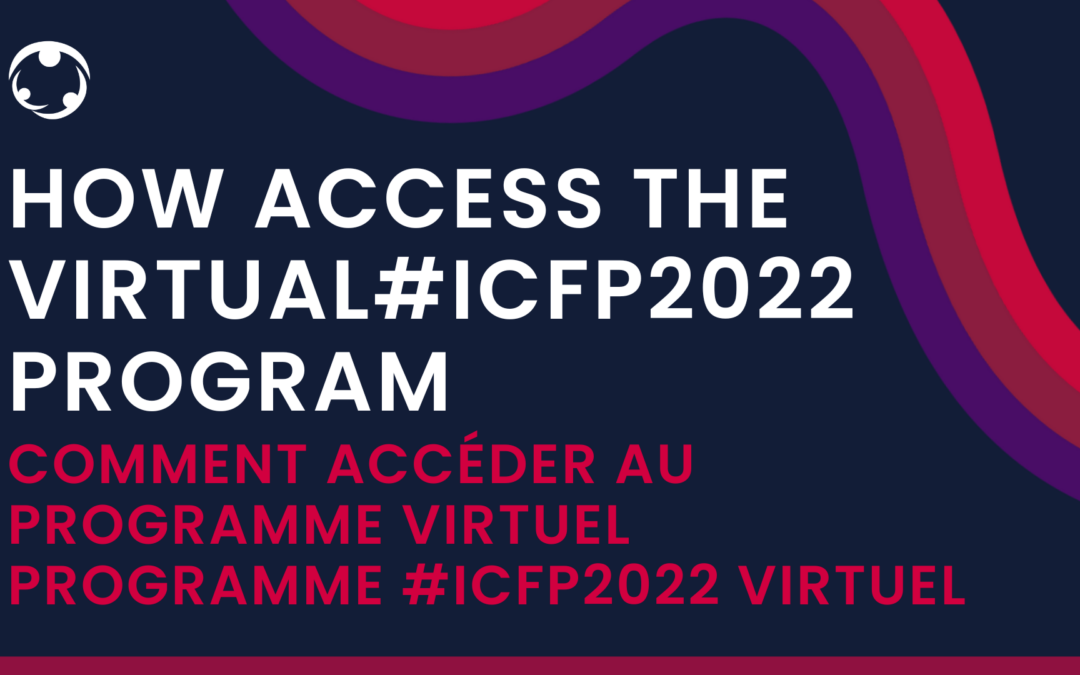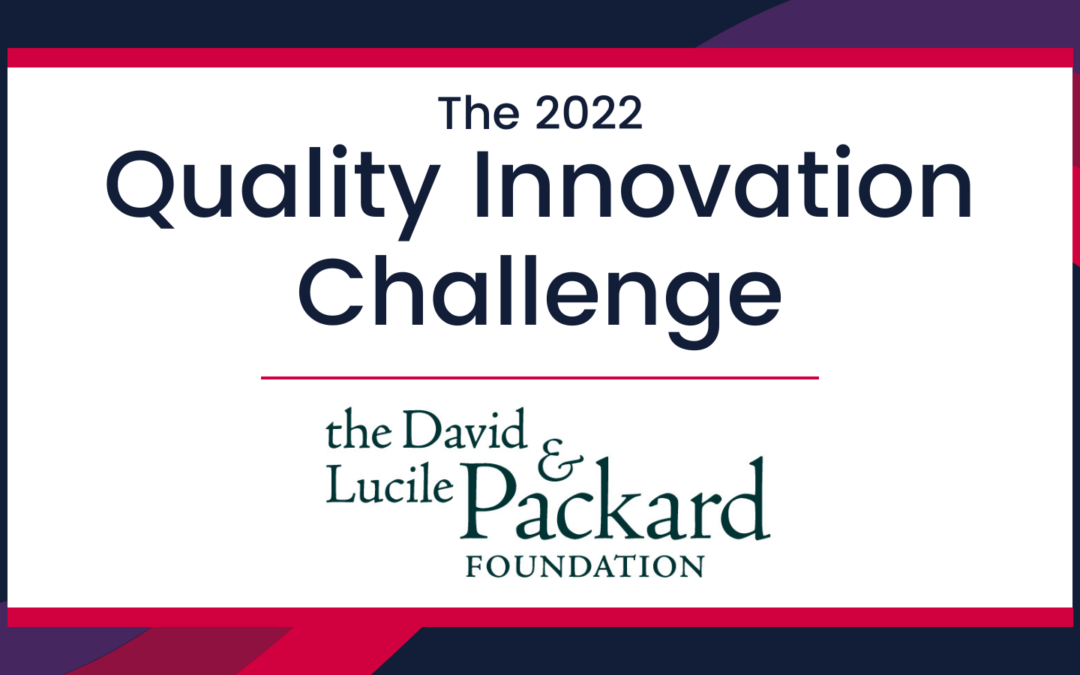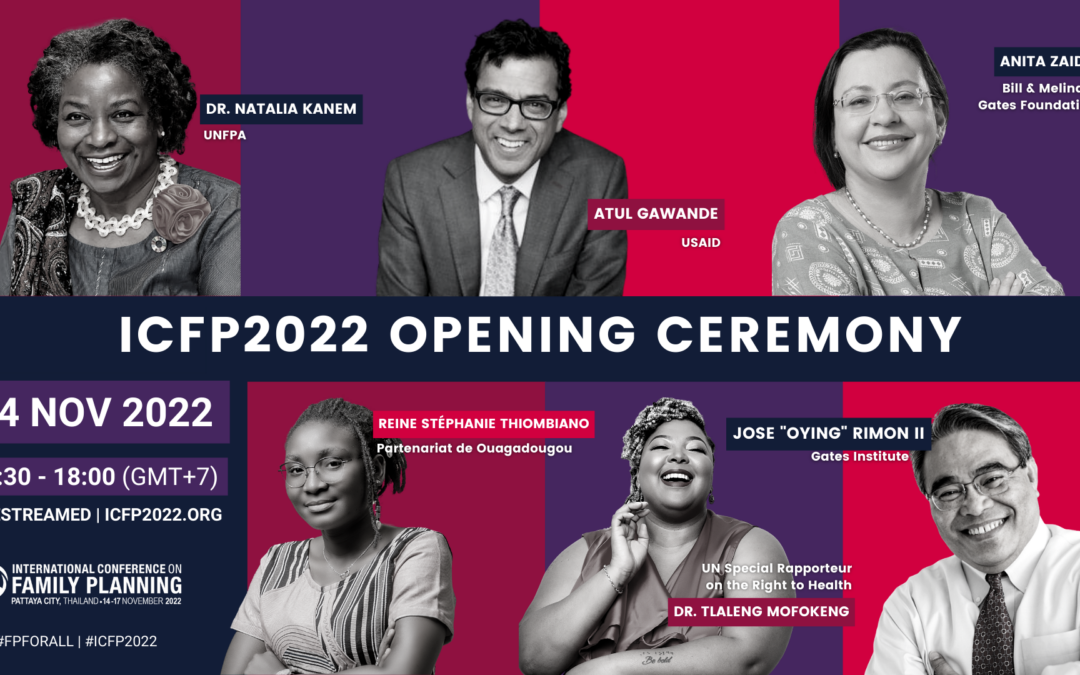Written by CARE
This article originally appeared on Girls’ Globe. Reposted with permission.
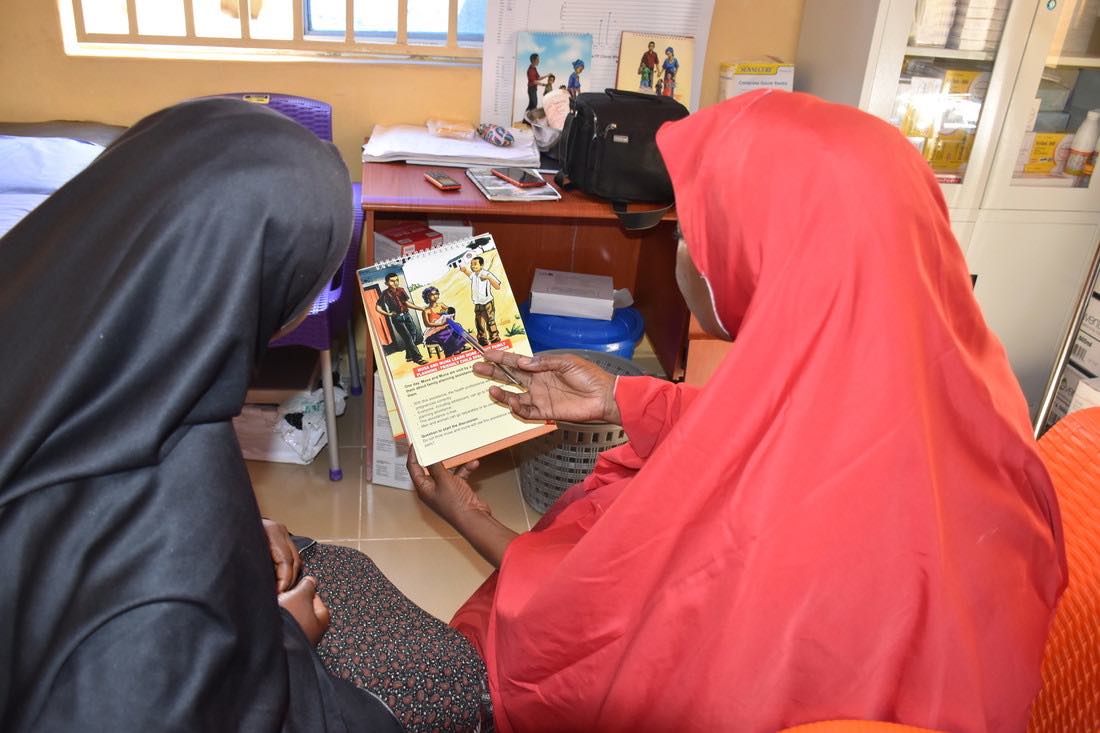
Photo by CARE/Rakiétou Hassane Moss
This is the first blog in a 4-part series sharing personal family planning stories from around the world – presented by CARE and Girls’ Globe in the lead up to the 2018 International Conference on Family Planning. Catch up on the whole series with stories from Parmila, Oun Srey Leak, and Olive.
Under the hot sun of Maiduguri, Nigeria, 23-year-old Hawa Ngoma is fanning herself with the end of her black hijab (a full head-and-body cloak that most Nigerian Muslim women wear) while sitting under the shade of a tree outside of a health clinic.
Hawa is married and has a five-year-old daughter and a two-year-old son. Her husband, Ali, is an ambulance driver for a United Nations project. Hawa came to this particular clinic after Ali learned about family planning from a midwife who works with him and heard that CARE was offering it here for free. “When my husband heard and saw the benefits of the family planning from his work, he asked me to start family planning and get counseled by this particular midwife.”
CARE Nigeria is providing much needed facility and outreach-based models of sexual and reproductive health service delivery in the most hard-to-reach areas in Northeast Nigeria. Over 250,000 women and girls most severely affected by the crisis have been reached with services including pre- and post-natal care, family planning, HIV testing, health education and post- abortion care.
“When I came to the health center, the midwife explained all the different contraceptive methods to me and how to use them, the good parts and the bad.” Hawa shared. When I came to the clinic, she was really welcoming and warm and took all her time to explain everything to me and gave me the chance to ask as many questions as I wanted and did not feel annoyed at all. This made me want to come back and visit again when the time to change the implant had
come.”
Hawa wanted to find the right method that fit her body and lifestyle, and something Ali would like as well. “I wanted to go for the pill, but my husband told me it makes you grow fat and he loves the way I am already, so I tried the shots. I loved the shots, but I decided to go for the implant because it lasts three years and this will help me rest and not worry about it for that period of time.”
Although Ali now understands the benefits of family planning and supports Hawa using contraceptives, that was not always the case. “After our first daughter was born, he refused to let me start family planning.” At this time, Ali lived in a different town from Hawa for his work. “My husband did not want to hear about family planning and since he was not living with us, it
was easy not to get pregnant. After we started living together, I got pregnant right away and gave birth to a baby girl who died a few days later. Then, because I was not using contraceptives, I got pregnant 40 days after the death of my baby.”
Hawa’s second and third pregnancies were difficult. “For my last two pregnancies, I lost a lot of blood and lost consciousness. After the second one, I had a blood pressure issue,” Hawa explained. “After my second pregnancy, I was introduced to family planning but my husband was against it. I guess the difficulties and challenges we faced during my third pregnancy made him realize it was a mistake not to space births.”
Although acceptance of family planning is growing in her community, many men still do not approve of it. Hawa sees that as a problem. “I’d like to tell men that they should let their wives start family planning as it reduces the risk of suffering and allows them to give birth to healthy babies. It gives you the time to rest and to give a better upbringing to your children instead of having a baby sucking on your breast, one on your back and the other one bothering you for being hungry or because they have messed their pants!”
Hawa hopes to be able to go back to school, find a job, and be financially independent. She wants to grow as a woman and give her children a better education and to raise them to be good people who will help others.

